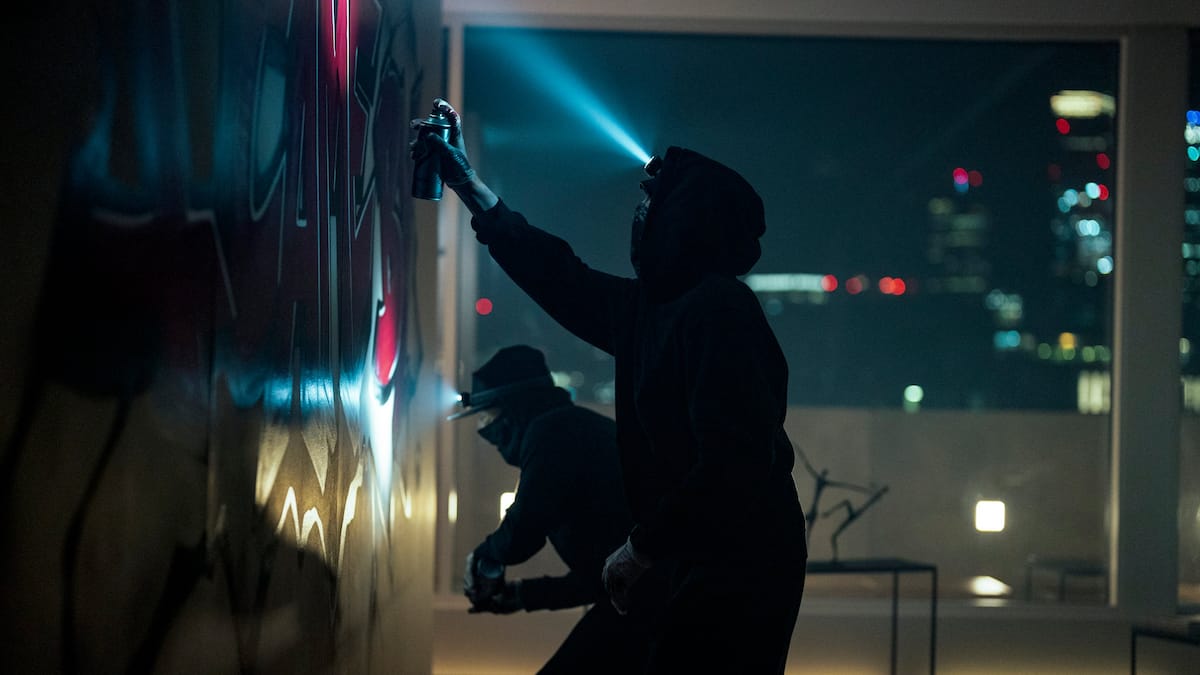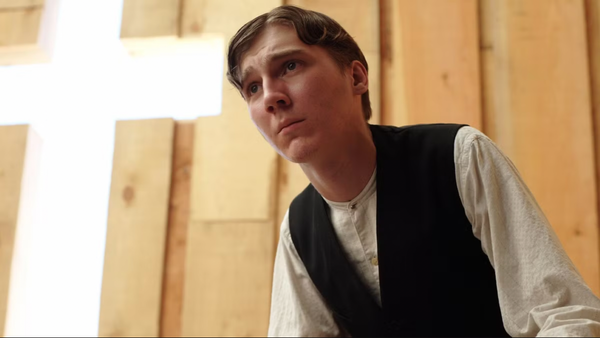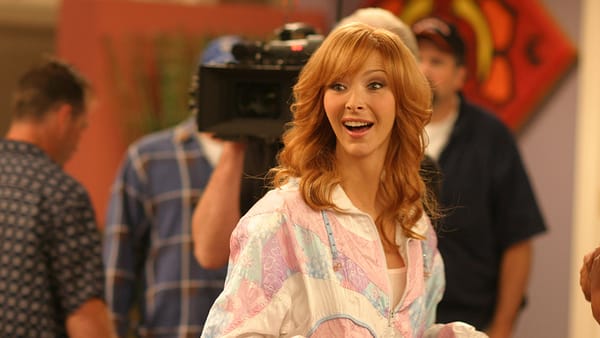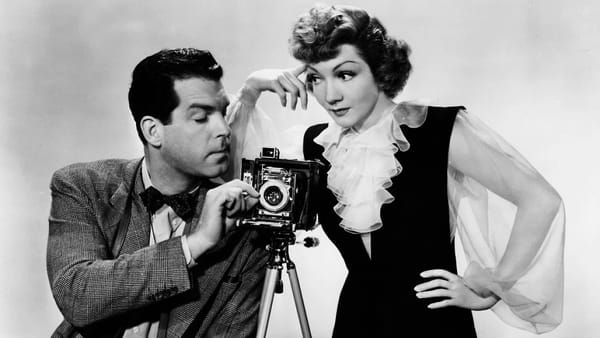Conscience Doth Make Cowards Of Us All

On Babak Anvari's I Came By (2022)
The hypocrisies of modern life, where all of us are complicit in the suffering and exploitation of others whether we choose to be or not, are not a new field of creative exploration for filmmakers (heard of Fight Club, anyone?). Beyond cinema, they have been a source of angst for young adults worldwide since times immemorial: the surge of existential panic that seizes the youth isn’t just a matter of brain chemistry and furious hormone activity, but a very legitimate if often chaotic reaction to the burden of responsibility that suddenly comes with adulthood. What choices to make, and according to what principles? When it is hard enough just to survive, who has the time or energy to seek the most ethical and just way to do so?
The two central characters in Babak Anvari’s I Came By have made a choice they can live with: under cover of darkness, they put their talents for parkour and graffiti painting to good use, entering the houses of the obscenely rich not to steal anything or hurt anybody, but only to show that no amount of wealth can protect anyone from two very agile young men. Toby (George MacKay) and Jay (Percelle Ascott) simply leave a mark: a graffiti that says “I Came By”, prominently displayed for the unhappy target to discover the next time they enter their home.
It’s a pretty cool feat, and it gets written up in the press. But after the initial impact — what then? From the very start of the film, Toby is worried about the true effectiveness of their stunts, and anxious about the extent to which the two young men might in fact be driven by a selfish desire to feel better about themselves. When an opportunity for riskier mischief comes up, Toby jumps on the occasion, and it is hard to tell what exactly is driving him.
This delineation between the self-serving and the altruistic — between, in a crude sense, the personal and the political — is the awkward, uncomfortable, slippery boundary that Babak Anvari plays with throughout a film that feels quintessentially of its time and place, namely the UK in 2022. In an early scene that seems to be a thinly veiled response to the “See it, Say it, Sorted” messages playing on the underground in this country, Toby is seen waiting on a platform while an anti-begging audio message is heard (begging and being homeless are criminal offences in England since 1824); when a man in a business suit then nods disapprovingly at a homeless woman nearby, Toby contrives an intelligent ruse to transfer some of this well-off man’s money into her beggar’s cup without technically stealing from him — because of course, in this quasi-Orwellian snitch state, surveillance cameras are all around. If the dilemmas of personal responsibility and what we owe to each other in a society are intense pretty much everywhere today — no less so during a pandemic that should have revealed to all just how much we depend on one another for survival — they reach an almost surreal fever pitch of intensity in the UK (and have for a while, as brief mentions of Tony Blair cheekily point out). Toby’s rebellious trick is a fun middle finger raised at a hostile establishment, but it also highlights a grotesque reality where a person simply seeking to help another must first overcome a series of obstacles explicitly aimed at preventing this kind of solidarity. In a system that prohibits even the most simple acts of care, small gestures of defiance can feel grandiose and revolutionary; but how much are they actually helping, and what can one person alone really achieve?
To those who associate Anvari first with horror due to his feature debut Under the Shadow (2016), this political aspect of I Came By may appear to be little more than a gimmick, a cynical attempt to give the film more credibility by briefly touching on current debates. But the state’s impingement on personal freedom and the challenges in trying not to be ground up by the machine are topics that run through his work since the early days of his career. His 2011 short film Two and Two centred on a Nineteen Eighty-Four inspired scenario where school kids are one day told that 2 + 2 now equals 5, and rebel against this falsehood at their own risk. Under the Shadow employed a more allegorical register to explore the psychological effects on citizens not just of conservative policies, but of a regression from a liberal regime to a restrictive one: the building inhabited by a mother and her daughter during the Iran-Iraq war becomes progressively haunted as the bombs fall on the neighbourhood. Anvari, a cinephile filmmaker who also wrote Under the Shadow, used the tropes of the haunted house and possession films to explore and reflect on some parts of his own childhood.
I Came By, co-written by Anvari and Namsi Khan, likewise plays with genre tropes and expectations, but comes across as a more organic and novel proposition: rather than give an original and personal twist to well-worn storylines and characters, its genre leanings feel secondary, almost accidental, dictated by the film’s characters and events rather than the other way around. The pull between personal responsibility and total powerlessness isn’t a theme fitted around the beats of a typical thriller — it is the very motor behind the film’s mad, whiplash-heavy narrative structure and the dark sense of humour that comes with it. I Came By could be described as a Hitchcockian thriller not because it is a pastiche of Hitchcock films, but because it shares their playfulness and perversity, bending the rules and frustrating our expectations at every turn in service of an unflinching, unbending argument.
When Toby decides that Jay and him should break into the house of former judge Hector Blake (Hugh Bonneville), his enthusiasm seems both deeply righteous and stupid: with a baby on the way, his partner in crime, who is Black and therefore more at risk should something go wrong, really cannot afford to take part. As we watch Toby enter the judge’s mansion on his own, we are simultaneously quizzical about his absurd and dangerous plan, and sympathetic to his desire to take things into his own hands and actually do something. It’s an unusual viewing position in which the film places us time and time again, as a succession of characters come up against the same cruel conundrum: people are essentially powerless, but they also cannot afford to wait around for someone with power to change things for them.
After Toby sees something horrific in a secret room in the judge’s basement, he does try to get help from people with the resources to actually do something about it: the police. Blake, however, can neutralise the two cops who come to search his house just by saying the name of their boss, his squash partner. Someone other than Toby might have chosen here to walk away and forget they ever saw anything. But as has been established, there is nothing the young man hates more than apathy. When he returns to the mansion on his own, we naturally expect him if not to succeed in his rescue mission, then at least to come closer to his goal. That he fails to do both isn’t Anvari simply wrong footing his audience for kicks (though the effect is morbidly funny): rather than betray his characters, he gives reason to their frustration and despair about how little they can really achieve.
The comedy then comes not from the comeuppance of the good guys, but rather from the absurdly simple, banal and easy way the villain keeps getting away with his crimes: by making practically no effort at all. The scene where Blake threatens the cops is outrageously silly, the judge not bothering to make his threat seem anything other than what it is. It is like watching a parody of a cop movie, with Bonneville clearly having a lot of fun laying into this silliness — and yet, to our horror and amazement, Blake’s blunt and unsophisticated methods work. In I Came By, trying to make a positive change in the world is a minefield, a work of constant self-evaluation that requires great skill and flexibility, while being a bad guy who exploits others is easy as pie.
The arc of history absolutely does not naturally bend towards justice here, but crucially for the film to continue and maintain its momentum, most of the innocent characters in I Came By do not know this (until it is too late). This is partly due to their privilege: Toby may be anti-establishment, but he lives comfortably with his mother (Kelly Macdonald), whose job as a social worker suggests she does have some faith in the UK’s institutions and things generally getting better. When Toby disappears, she is much more willing to go after Blake, the main suspect, than Jay is. It is another of the film’s bitter ironies that, though the fact that he grew up much poorer than his white best friend and was exposed to more injustice should give him more reasons to fight the system, Jay’s comparative lack of resources and opportunities also means that he has much more to lose in rising up against injustice.
Beside this, however, the characters’ persistence also feels rooted in a hero narrative so ingrained that it is difficult to shake — and one which Anvari picks apart with cinephilic glee, for our greatest enjoyment. Even then, however, it is only with compassion that he looks on these flawed but well-meaning people. In fact, this postmodern, somewhat cynical rejection of hero narratives and happy endings acts as a kind of comic relief to the genuine anger and frustration that actually propels the film forward. Though the film’s unexpected plot twists and perceptive digs at the hypocrisy we all must live with are extremely entertaining, as the death toll rises, so does the determination of those who remain. At any moment, and depending on factors essentially out of their control, the desperate actions of Toby, Jay and his mother could either be heroic and extremely important, or an absurd and terrible waste. But this does not stop them from trying.



